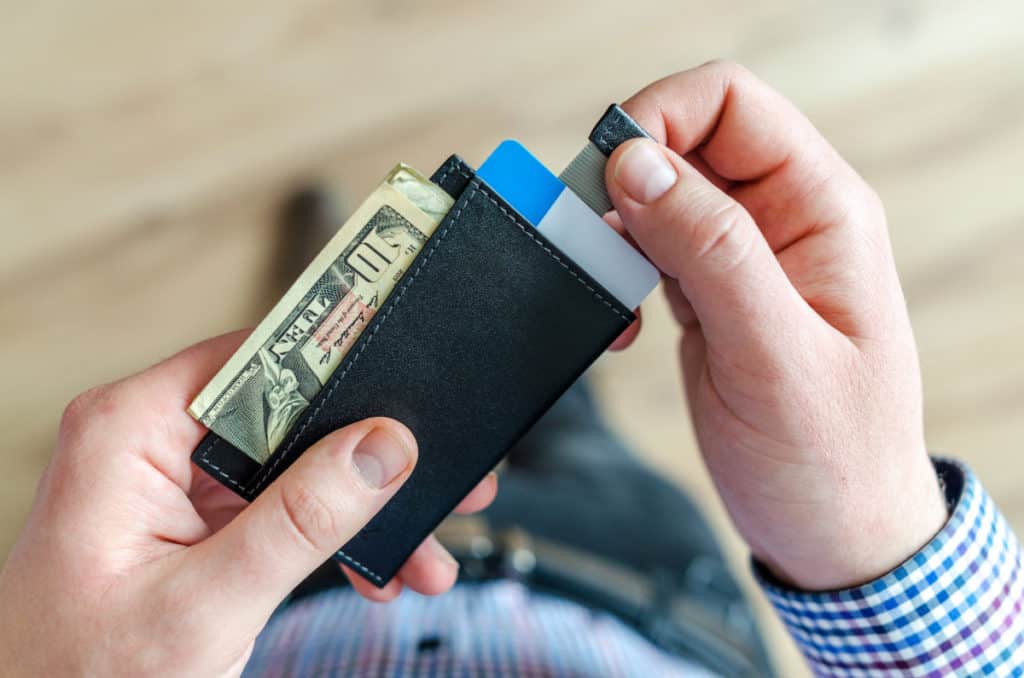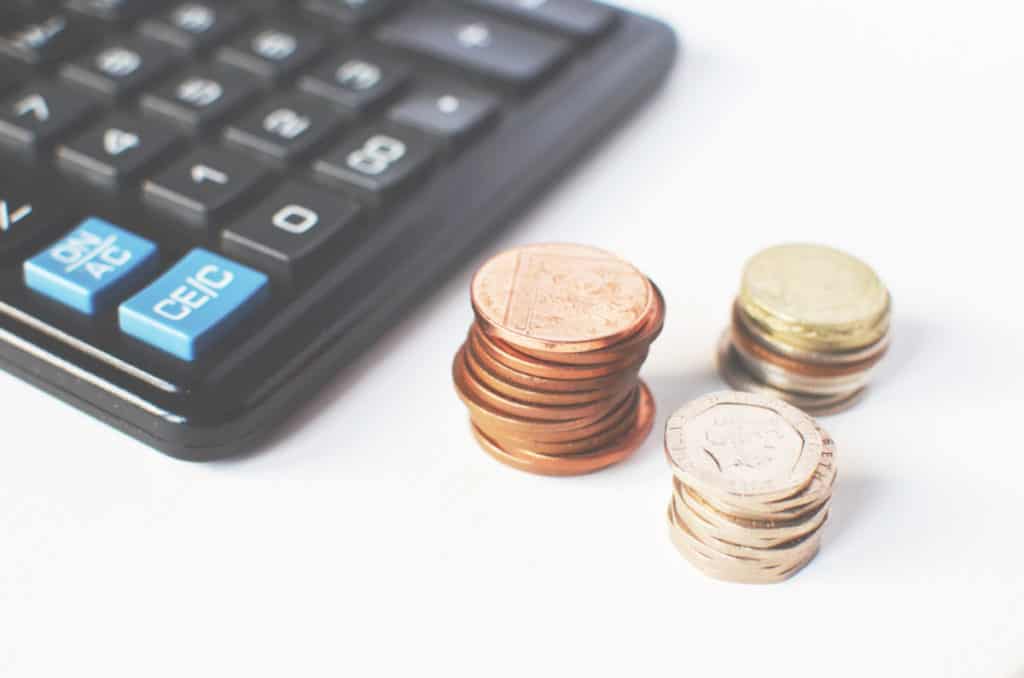Most people know that building a good credit history is a long game. However, there are some ways that you can speed up the process.
Utilizing a credit card to raise your credit score quickly is easier if you follow these simple rules. 1. Use the credit card every month. 2 Pay off the card in full every month. 3. Try not to allow your balance to exceed ideally 10% of your limit. Never allow your balance to exceed 30% of your limit. 4 Become an Authorized User on a family member’s account that has a long credit history with excellent payment history.
Tips For Using A Credit Card To Raise Your Score
There are several things you can do to raise your credit score over time. However, there are some things that make the most impact on your score when using a credit card.
When you are using your card responsibly, paying it on time and paying it off in full every month, can raise your score quickly. When you use your credit cards responsibly and stick to a budget this can be a good financial habit that will take you a long way in increasing your credit score. Once you get a credit card and use it regularly you will be able to build a solid credit foundation in an effective way. I will outline some best practices for building your score quickly.
Use The Card Every Month
Using your credit card every month is an important first step to raising your credit score. Often first-time credit users can go one of two ways. They are afraid to use their card and it sits in their wallet not really bringing any benefit or they go crazy with the card and start making impulse charges that run the balance up to the card’s limit.

It is important that you have a plan and a budget that you can execute on a monthly basis. Once you create your plan and budget you need to execute it staying within the boundaries you created.
Pay Off The Card Every Month On Time
When you pay your everyday expenses with your credit card, it helps you establish credit without going into debt, because you can pay off these expenses every month. There is a myth that you should leave a balance on your cards to raise your score. You should be paying off your credit card bill in full and on time each month, The credit card issuer will report your payments to the credit bureaus. And by paying in full, you also won’t have to pay interest.
Many folks do not realize that even though it may not report to the credit bureau, it can still hurt your reputation with the card company if you pay late enough to trigger a late fee. Even if they are not 30 days late, paying late fees and missing the payment deadline can affect future decisions on credit limit increases. The credit card issuer can cancel your account which will be reported to the bureaus. The credit report will read, “Account closed by lender”. Many lenders will view this as negative and it will be there for 7 years for every decision-maker to see.
When you pay off the card every month you have a good chance of getting your credit limits raised. Having high credit limits shows you are a responsible borrower and can manage your debt.
Your payment history makes up 35% of your FICO credit score. This is one of the best things you can do to build your credit quickly. Making one late payment can have a serious impact on your score even faster.
Use Your Credit Card As A Debit Card
This is an important tool I learned when I was younger. Every time I used my credit card, I would deduct that amount from my checking balance. This was a great deterrent to spending money that you did not have.

Going out to dinner is really easy when you are using a credit card. We can detach from the impact that meal or purchase can have on our bottom line. You do not have to pay for it until 10, 20 … 30 days after you have eaten the meal. Then it is even more tempting not to pay off the card if money is tight. All of a sudden that meal is getting very expensive because you are paying interest on your steak purchase from two weeks ago..
If you deduct the amount for the meal from your checking balance, you will know exactly where you stand during the month.
Keeping Your Balances Low
The general rule of thumb is to never allow your balance to exceed 30% of your limit. If you have a credit card with a limit of $1000 you should never allow your balance to exceed $300. Ideally, you want to keep your balances under 10%. This may bring your score even higher.
The second most important factor in your FICO score is your debt load. This accounts for 30% of your score. FICO also looks at your credit utilization. You will want to keep an eye on how much of your credit you are using in addition to how much debt you are carrying. FICO looks at your credit utilization or the amount you owe as a percentage of your available credit. If your credit limit is $1,000, you do not want your balance to exceed $300.00
Even if you pay off your cards every month, running the balances over 30% of your credit limit can hurt your score.
The higher your balances vs limits are, the more likely it is that you will not be able to pay it off or be at risk for late payments. Keeping your credit card balances low shows you are utilizing your credit responsibly and this may provide a significant score increase to your credit. Aim for 30% but 10% is ideal if you are looking for a score boost.
Keep Your Cards Open
A lengthy payment history on an account is important. I will never forget a couple who came in for a mortgage. To prepare they paid off all of their debt and then proceeded to close many of their credit card accounts. Much to their shock, their score dropped significantly from this move and they were unable to qualify for the best rates.
The longer you have been using your credit responsibly, the more lenders can predict your future behavior. So the sooner you open a credit card and start using it responsibly, the better. Keep your accounts active and open.
Often people will open cards to get points are cash incentives. Once they have fulfilled their obligation and get the cash they will typically close the card and move on to another credit card company. We do not recommend opening accounts and then closing them to get these incentives.
Every time you open a new credit account or close an old one, it lowers the average age of your accounts, which can hurt your credit score. The length of your credit history accounts for 15% of your FICO score.
Choose Your Next Credit Card Wisely
If you are just starting out or worse you have made mistakes in the past it will be difficult to get great rates and fees from your next credit card. To get approved for cards with great rates and cards with perks you will need to have excellent credit.
Focus instead on finding a card that helps folks to build or rebuild their credit. If you are paying off your cards every month then the interest rate is less of a concern. Look for no annual fees but expect you may have to pay them to get started. Even though you will have to put money in a savings account, many secured cards do not charge an annual fee.
Do not apply for a lot of credit initially. Choose wisely and look at your options before applying. Too many credit applications can damage your score significantly. If you need to use a secured card make sure they will report your history to the credit reporting bureaus.
Become An Authorized User
Having a family member add you to their existing credit card accounts as an authorized user is one of the fastest ways to create a new credit history. We go over this technique in detail with some tips on how to have the maximum impact on your credit score.
Once you are added as an authorized user to a parent’s or spouses credit card account, their good credit history will then also be reported on your credit report. This can be a great way to raise your score or create a credit file if you did not have any credit at all.
Having A Plan
Misuse of credit cards can have a long-lasting effect on your credit score. Many will blame the credit cards, but with proper use and if you have a plan with a budget you can utilize credit cards to strengthen your credit score.
If you have a history of overspending and misusing your credit you may want to look t other options that credit cards or just keep one with a low credit limit.
Pin It For Later



